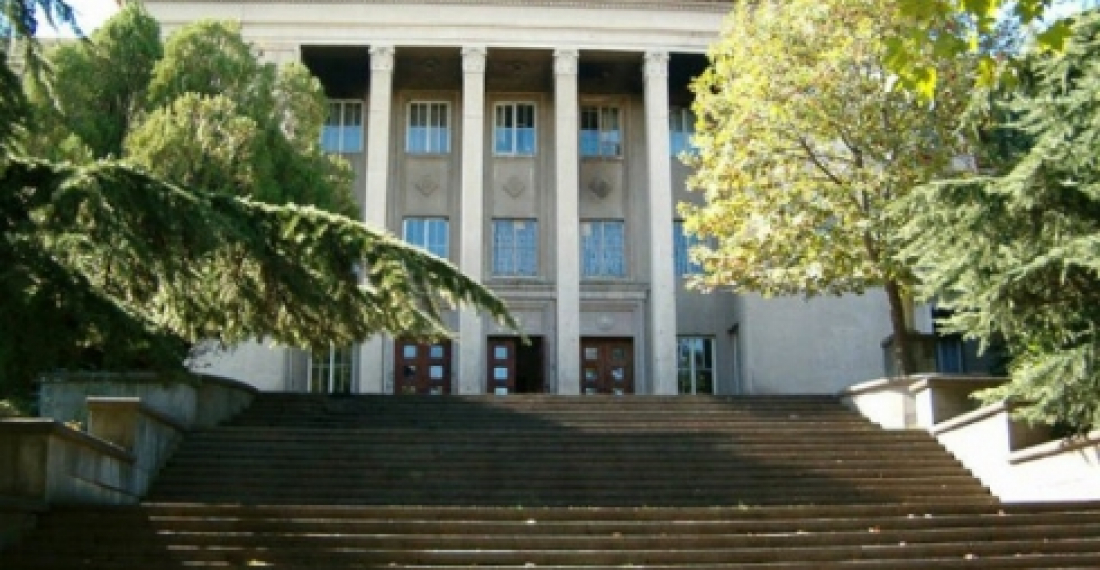Электорату менее, чем в 30000 людей сегодня будет предложено голосовать в третий раз за последние шесть месяцев, чтобы выбрать президента на крошечной территории самопровозглашенной республики Южная Осетия. Выборы в ноябре были аннулированы после обвинений в фальсификации выборов и уличных демонстраций.
Имеют ли значение выборы? Южная Осетия не только в значительной степени непризнанная, но также небольшая по территории и численности населения. Тем не менее, ее отделение от Грузии двадцать лет назад, и недавняя короткая война за неё между Россией и Грузией в 2008 году, поставила её в центр внимания международного сообщества. Политическая жизнь на территории ограниченная, даже если кандидаты оборачиваться в идеологические ярлыки. Видеоклипы в течение кампании трех из четырех кандидатов заявляли о своей близости с избирателями. Четвертый, кандидат от коммунистов, сосредоточен на патриотической темы.
На этот раз есть четыре кандидата: Дмитрий Медоев, посол Южной Осетии в Россию, Дэвид Санакоев, уполномоченный президента по правам человека, Леонид Тибилов, бывший председатель Комитета государственной безопасности, а также лидер коммунистов, Станислав Кочиев.
Выборы будут справедливыми, если явка избирателей составит более 50%, а кандидат-победитель получит 50% плюс один голос.
Источник: commonspace.eu
Фото: Здание правительства в столице Южной Осетии, Цхинвали (фото из архива)
За несколько дней до выборов президент России, Дмитрий Медведев, назначил президента соседней Северной Осетии, Теймураз Мамсурова, в качестве своего специального посланника в регионе, дав ему официальную роль в делах с этой территорией. Единство между Северной и Южной Осетии было заявленной целью большинства осетинских политиков за последние два десятилетия. Похоже, что Медведев в настоящее время попытался опередить этот процесс на один шаг дальше. Тот, кто будет избран президентом Южной Осетии будет почти полностью зависить от России в сфере безопасности, финансов, а также политической поддержки. Поэтому Выборы в Южной Осетии, как и большинство других вещей на этой территории, в значительной степени символические. Международное сообщество, за исключением России и нескольких малых стран, по-прежнему признает независимость Южной Осетии в составе Грузии.







